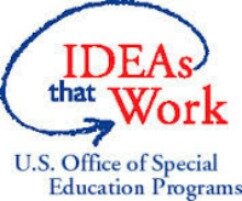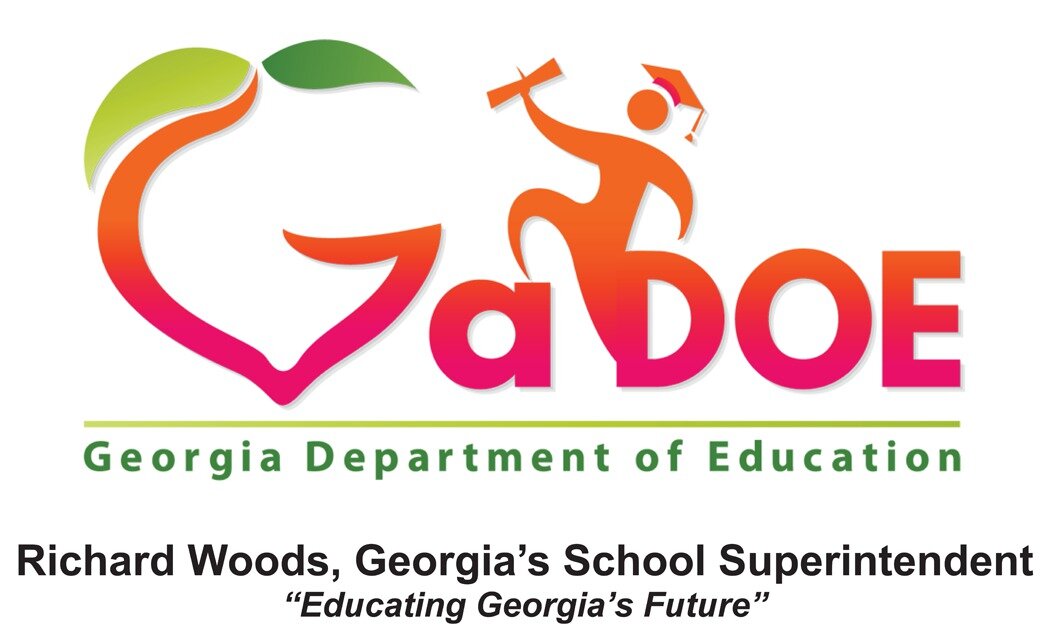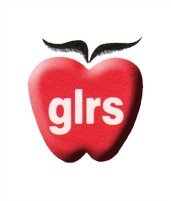Emily Rubin from the Marcus Autism Center provides a structured plan for school systems to develop a sustainable infrastructure for supporting Social Emotional Learning (SEL) at the district and school-wide level utilizing both high quality web-based interactions and onsite professional development to complete the following steps:
- Identify internal resources and instructional leadership within a system
- Identify 6 targeted preschool classrooms per region
- Develop, conduct, and synthesize baseline measures of program quality, knowledge and skills of teaching staff, and student active engagement
- Conduct school-wide SE: training (onsite) with a focus on how neuroscience informs our UDL for fostering active engagement
- Develop a sustainable site infrastructure for coaching (web-based) by working with site leadership to establish frequent opportunities for peer-to-peer interactions to discuss programming and SEL strategies
- Conduct a one-day focused training on implementing supports related to SEL (onsite); this training is geared toward system core team members and site core team members to foster knowledge and skills in deigning learning accommodations to foster SEL during academic lessons and natural routines at school
- Provide monthly instruction on effective coaching techniques using video case studies of students from targeted focus sites (web-based)
- Develop, conduct or synthesize post-measures (web-based) of program quality, school-wide active engagement, and school-wide achievement
- Generate an individualized system manual and set of materials for system-wide SEL training for use by system-and site-core team staff in future years
Classrooms will be selected in three regions in Georgia, representing Special Needs Pre-K, Head Start, Georgia Pre-K and community-based preschool programs. Participants are selected based on their documented incidence of autism and interest in participating in inclusion of children with autism into general education classes. Primary participants are teachers, specialists, paraprofessionals and administrators in demonstration classrooms.
District level multidisciplinary core team service providers will be established for the provision of in-service training, coaching, and quality assurance in each of the three focus regions. District level core teams will develop a sustainable plan for the provision of in-service training, coaching, quality assurance, and educational supports for families in each of the three focus regions. Additionally, district level core teams will develop materials, effective coaching techniques, and methods of measurement to support quality instruction, financial sustainability.
School level core team members and service providers in each of three focus regions will demonstrate recognition of how social neuroscience informs the critical skills in social, communication, and emotional development. All students need to be active participants and engaged in learning. School level core team members and service providers will recognize elements in classroom instruction essential for promoting student engagement in 3 content areas:
- designing activities to foster active learning and social communication,
- fostering smooth transitions, and
- fostering emotional identification and coping strategies
School level teams will demonstrate use of classroom accommodations designed to enable universal design for learning through the provision multiple modes of instruction, multiple means of expression, and use of developmentally appropriate classroom materials.
Trainings will incorporate strategies of adult learning principles;les by:
-
Developing rapport with participants
-
Providing regular constructive and specific feedback
-
Facilitating reflective learning opportunities
-
Providing meaningful learning experiences that are clearly linked student outcomes and assessment
-
Linking learning to desire outcomes
-
Promoting active participation by allowing practice opportunity in intervention processes with ample repetition in order to promote development of skill, confidence and competence
-
Modeling and coaching of skills/procedures, both in person and via web coaching and mentoring activities
Baseline data will be utilized to gain understanding of participant skill and knowledge level and determine participants' to effectively implement the initiative. Assessments include:
- Self-Assessment: Social Emotional Engagement-Knowledge & Skills-This survey assesses participants' knowledge, implementation, and beliefs related to project learning targets
- Self-Assessment: Social Emotional Engagement-Knowledge & Skills-Rating Form and Instruction Rubrics-Submitted videos and planned observations are scored according to the Instruction Rubric appropriate to students' developmental age
- Social Emotional Engagement-Knowledge & Skills-Coaching Rubrics-Submitted videos and and planned observations are reviewed with active engagement of core teams in each district to model the process of appreciative inquiry and collaborative problem solving for next steps
- Student Engagement Ladder-Provides a measure of the engagement level of all students in the classroom by determining if their collective engagement levels are: fully, mostly, partly,fleeting, or no focus
- Student Engagement Profile-Measures student focus with respect to his/her progress in awareness, curiosity, investigation, discovery, anticipation, persistence, and initiation, Coaches will use results from the Social Emotional Engagement-Knowledge and Skills-Rating Form to rate teacher performance on submitted videos
Teachers will be required to identify a child with autism as a case study, and monthly send the trainers a video of this child transitioning to an activity, participating in the activity, and transitioning out of the activity. Teacher use of principles of UDL will be recognized and celebrated. Training will be designed and planned to ensure that participants have the knowledge and skills needed to implement the initiative with fidelity. Training will include coaching, mentoring, and follow-up via teacher-submitted videos to ensure appropriate implementation of skills and knowledge. Trainer observations will also be utilized to provide feedback for aligning systems and removing barriers to effective implementation and outcomes of the training. Teacher use of principles of UDL will be recognized and celebrated. Individual student progress in social communication, emotional regulation, and engagement will be spotlighted in coaching sessions throughout the project.
Local coaches will be trained through repeated practice with the trainer to provide on-site support and web-based coaching, mentoring, and feedback to participating preschool teachers based on their submitted videos. Coaches will use results from the Social Emotional Engagement-Knowledge & Skills (SEE-KS)-Rating Form to rate teacher performance on submitted videos, and will use the SEE-KS Instruction Rubrics to provide feedback to targeted teachers on submitted videos.
The SEE-KS Fidelity Coaching Rubric will provide a way to measure local coach's skill in the areas of communication, building relationships, encouraging collective discussion, using questioning techniques, and developing participants' expertise and self-efficacy with the SEE-KS process. Each coach will be assessed at the beginning and end of the project to determine level of improvement in coaching skills.
The SEE-KS Implementation Scale will provide a way to measure the effectiveness of system level coaching teams with regard to development of sustainable practices, use of effective coaching techniques, and fidelity of principles of UDL with respect to social and emotional engagement. This assessment will be used pre- and post-intervention to determine the level of improvement of system level coaching teams, and to determine areas where future training might be needed.
The last coaching session of the year will be devoted to celebrating the progress that was made by teachers and students-from the first submitted video to the last. The trainer will review all videos and compile a celebratory video for each targeted teacher highlighting increased whole class engagement, increased social communication and emotional regulation for targeted students and appropriate use of principles of UDL.
At the end of Year 1, each participating district will receive customized presentation materials inclusive of rationale, graphics, and video illustrations to facilitate instructional planning, classroom design, and accommodations to foster engagement, smooth transitions and emotional identification and coping skills for future in-service staff training and parent education.
For districts participating in Year 2 the SPDG Autism Early Intervention Project the focus will shift to data collection, coaching and peer-to-peer mentorship techniques, and ways to insure sustainability of the SEE-KS process.



